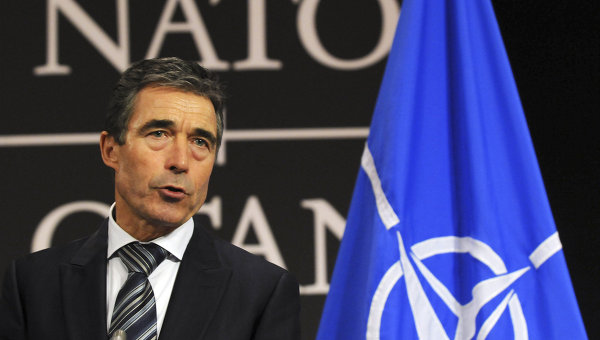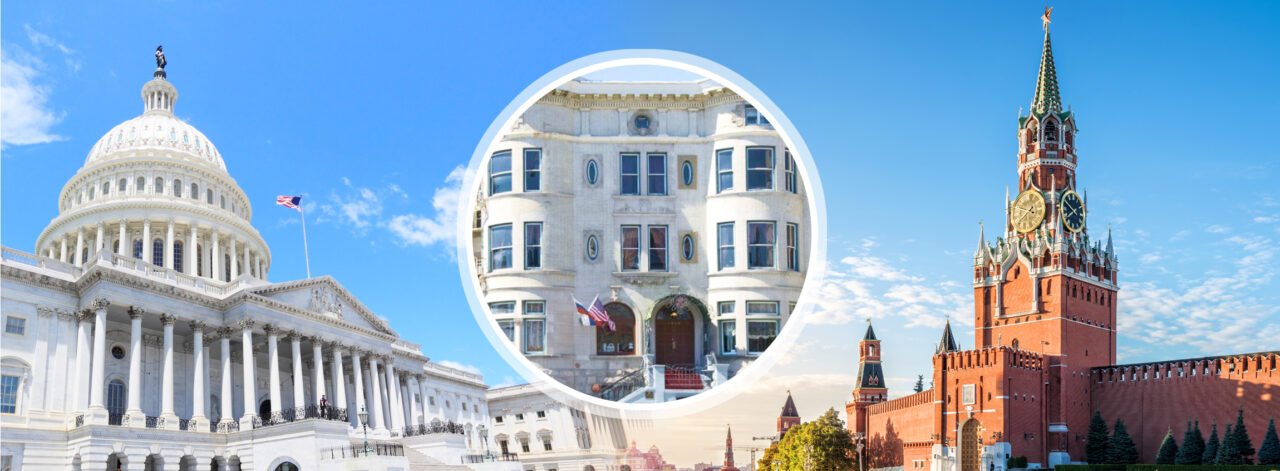
 NATO is closely watching events in Georgia, the alliance's Secretary General Anders Fogh Rasmussen said on Wednesday, after Tbilisi accused Russia last week of setting up wire fences along the South Ossetia-Georgia border.
NATO is closely watching events in Georgia, the alliance's Secretary General Anders Fogh Rasmussen said on Wednesday, after Tbilisi accused Russia last week of setting up wire fences along the South Ossetia-Georgia border."We continue following with great interest the challenges and developments on Georgia’s borders,” Rasmussen said at a meeting of the NATO-Georgia Commission Defense Ministers’ session.
Rasmussen said the alliance has urged Georgia’s government to respect the rule of law, human rights and the rights of ethnic minorities, adding he hopes the upcoming presidential elections in Georgia, due in October, will be "free” and "legal.”
Rasmussen reiterated the alliance’s support for Georgia’s territorial integrity and sovereignty within its internationally recognized borders. He also pledged that Georgia will one day become a NATO member.
"A stable and democratic Georgia has its place in the Euro-Atlantic Community. I am happy about the future which will see Georgia part of the alliance,” Rasmussen said.
The Georgian Foreign Ministry said last week Russia’s border guards had installed barbed-wire fences along Georgia’s border with its disputed region of South Ossetia and had even pushed the border line inside Georgia.
Russia’s Foreign Ministry condemned on Monday what is said were attempts "to stoke up the situation” on the border between South Ossetia and Georgia with an eye to the election campaign in Georgia, and "shifting the blame” to Russia.
Under an interstate agreement with Russia signed on April 30, 2009, South Ossetia delegated its state border protection functions to Russia until the republic establishes its own border guard service. South Ossetia’s border with Georgia is about 210 miles (350 km) long.
Georgia lost control over one-fifth of its territory after South Ossetia and Abkhazia, another former republic within Georgia, broke away and were recognized by Moscow in the wake of a brief war with Russia in August 2008. Georgia maintains its claim to sovereignty over both regions, which have only been recognized by a handful of other states besides Russia.
Both regions had enjoyed de facto independence since the early 1990s, following earlier separatist conflicts with Georgia. Georgia repeatedly accused Moscow of aiding separatist movements in Abkhazia and South Ossetia at that time, which Moscow denied.



_jpg/250px-ElbeDay1945_(NARA_ww2-121).jpg)







